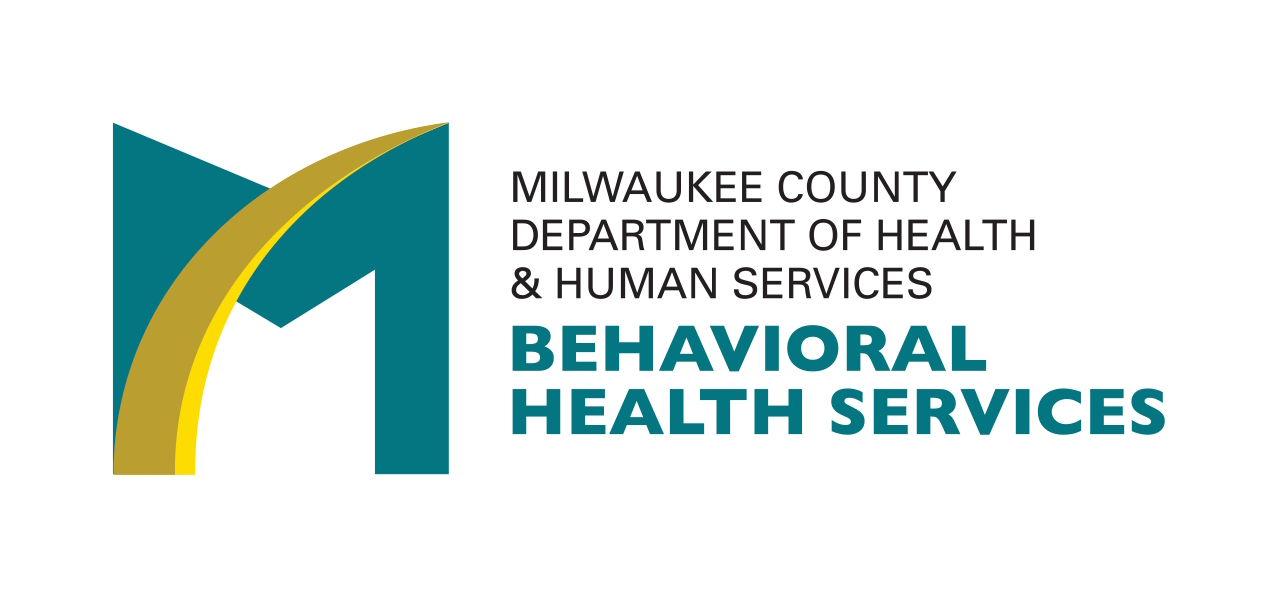Milwaukee County Behavioral Health Division Announces Community Priorities in 2018 Budget Request Narrative
Behavioral Health Division and Mental Health Board encourage public to submit feedback
(Milwaukee, WI) June 26, 2017 – After a lengthy and public process, the Milwaukee County Behavioral Health Division (BHD) posted its 2018 budget request. The request provides a detailed description of the organization’s proposed budget. The planning process this year provided more opportunities than ever before for the public to contribute ideas to shape BHD’s budget.
“This year, we wanted to talk with our community to understand their backgrounds and what’s important to them to better meet them where they’re at along the continuum of care,” said Duncan Shrout, chair of the Milwaukee County Mental Health Board. “To help us prioritize what programs and services our community needs and in what capacity, we asked for their help.”
The Milwaukee County Mental Health Board (MCMHB) and the Milwaukee County Behavioral Health Division provided multiple opportunities for the public to provide feedback on BHD’s 2018 budget including additional budget hearings with three public comment sessions, an online feedback form, and a community conversation facilitated by the Zeidler Center for Public Discussion. This concept was introduced last year when Milwaukee County Executive Chris Abele partnered with the Zeidler Center to host feedback circles where participants learned about the county’s budget and gave meaningful input and policy suggestions.
Budget request items carried over from 2017 currently include: two additional CART teams, continued partnership with Milwaukee County Department of Health and Human Services Housing Division and their initiative to end chronic homelessness, continued investments in electronic medical records optimization, and Comprehensive Community Services (CCS) expansion.
Milwaukee County is significantly underserved when it comes to mental health care. Today, there are not enough beds to serve those who need care. The 2018 budget request currently proposes items that include, but not limited to: CCS adult enrollment increase to serve 1,110 individuals, CCS children enrollment increase to serve 100 individuals, targeted case management (TCM) unit increase of five percent, investment to explore a peer run respite, intensive outpatient placement program implementation, AODA residential investment and increased capacity for detox admissions, and state institution budget expansion.
“We encourage the community to review the budget request in detail and provide any final thoughts for consideration,” said Randy Oleszak, Chief Financial Officer for BHD. “Staying true to the process we’ve put in place, we continue to have a variety of ways that the community can share this feedback.”
People can contribute feedback in any of these ways:
- ONLINE: Complete the online feedback form before June 23, 2017.
- IN PERSON: Speak out at the June 29, 2017 board meeting during the public comment session. All comments will be limited to three minutes.
The June 29 Mental Health Board meeting will be held at 1:30 p.m. at the Behavioral Health Division in Room 1045. The agenda includes the presentation of the budget request by BHD Administrator Mike Lappen, followed by public comment, a vote on amendment items and a vote on the budget request.
As BHD’s budget moves through the county’s process, some of the initiatives may change. On July 6, the Mental Health Board will vote on the financial budget for 2018. The Milwaukee County Behavioral Health Division (BHD) budget process follows the Milwaukee County budget process, with one addition: BHD’s budget must be approved by the Milwaukee County Mental Health Board (MHB) in July.
For more information on the budget process or to view the budget request visit Milwaukee.gov/2018budget.
About the Milwaukee County Mental Health Board
The Milwaukee County Mental Health Board (MHB) was established in 2014 through Wisconsin Act 203. The board is made up of 13 members and includes mental health professionals, consumers and advocates. The MHB is responsible for setting policy for the Behavioral Health Division.
About the Milwaukee County Behavioral Health Division
The Behavioral Health Division provides care and treatment to adults, children, and adolescents with mental illness, substance use disorders, and intellectual disabilities through both County-operated programs and contracts with community agencies. Services include intensive short-term treatment through our crisis services and inpatient services, as well as a full array of supportive community services for persons with serious mental illness and substance use disorders.
About the Milwaukee County Department of Health and Human Services
The mission of the Milwaukee County Department of Health & Human Services is to enhance the quality of life for individuals who need support living healthy, independent, and safe lives within our community. Our vision is to be recognized as the public model of excellence, leadership, and partnership in human services driving superior outcomes for our community.
NOTE: This press release was submitted to Urban Milwaukee and was not written by an Urban Milwaukee writer. While it is believed to be reliable, Urban Milwaukee does not guarantee its accuracy or completeness.
Mentioned in This Press Release
Recent Press Releases by Milwaukee County Behavioral Health Division
Milwaukee County to Highlight Ways to Access Mental Health Services During May – Mental Health Awareness Month
Apr 25th, 2023 by Milwaukee County Behavioral Health DivisionAccess to mental health resources is a national conversation. Behavioral Health Services spokespeople are available throughout May to discuss how and where to access services.
Milwaukee County Behavioral Health Division receives over $6.4 Million in Grants
Aug 3rd, 2020 by Milwaukee County Behavioral Health DivisionThree diverse grants help support the transition to a full continuum of care
Milwaukee County Behavioral Health Division Receives $1.2 Million Grant from Bureau of Justice Assistance to Reduce Offender Opioid Overdose Deaths
Mar 3rd, 2020 by Milwaukee County Behavioral Health DivisionFunding to enhance overdose treatment and recovery programming






















